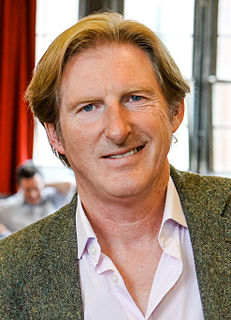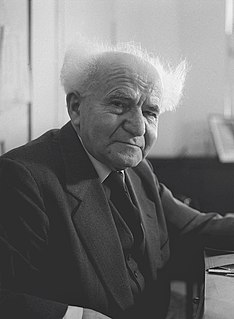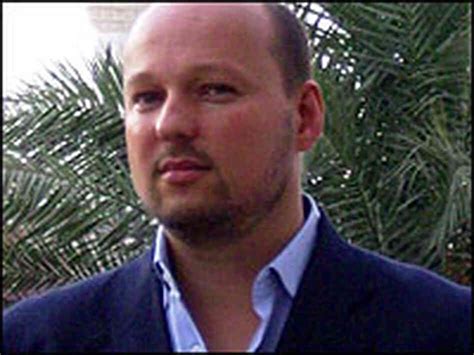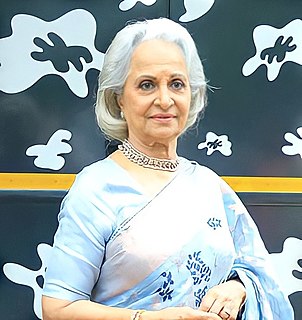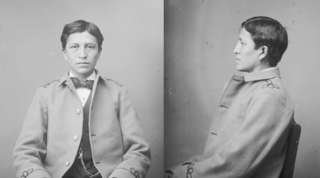A Quote by Adrian Dunbar
We lived in this ghetto during the worst excesses of the Seventies. When the tartan gangs came to wreck our estate, we had to defend it. We were barricaded in with diggers and earth-movers. It wasn't a case of joining the Republican cause, or the IRA - we were fighting for our very existence.
Related Quotes
When we say that the Arabs are the aggressors and we defend ourselves — this is only half the truth. As regards our security and life we defend ourselves and our moral and physical position is not bad. We can face the gangs... and were we allowed to mobilize all our forces we would have no doubts about the outcome... But the fighting is only one aspect of the conflict which is in its essence a political one. And politically we are the aggressors and they defend themselves. Militarily, it is we who are on the defensive who have the upper hand but in the political sphere they are superior.
I remembered some people who lived across the street from our home as we were being taken away. When I was a teenager, I had many after-dinner conversations with my father about our internment. He told me that after we were taken away, they came to our house and took everything. We were literally stripped clean.
Me and my sisters were taught that if our eyes worked and our legs worked, we were beautiful. We had so many kids in our family that if we all got in front of the mirror and were ashamed of browns and golds and yellows and whites, and we believed what society told us - that the darker people were less attractive and the lighter ones were prettier - we would have had sibling murders. My family, being half-rural and half-military, just came from a different place.
We had come here to have a break from thoughts and the hard work that came with the constant interaction with idiots. Or at least people we considered idiots because they were not mind readers and we had to, patiently, use polite words to explain things that we were thinking when really inside we were fighting the urge to take their heads in our hands and softly and repeatedly thud their foreheads off the wall.
There were evictions that I saw that I know I'll never forget. In one case, the sheriff and the movers came up on a house full of children. The mom had passed away, and the children had just gone on living there. And the sheriff executed the eviction order - moved the kids' stuff out on the street on a cold, rainy day.
The old people came literally to love the soil and they sat or reclined on the ground with a feeling of being close to a mothering power. It was good for the skin to touch the earth and the old people liked to remove their moccasins and walk with bare feet on the sacred earth. Their tipis were built upon the earth and their altars were made of earth. The birds that flew into the air came to rest upon the earth and it was the final abiding place of all things that lived and grew. The soil was soothing, strengthening, cleansing and healing.
Seventeen's not so young. A hundred years ago people got married when they were practically our age." "Yeah, that was before electricity and the Internet. A hundred years ago eighteen-year-old guys were out there fighting wars with bayonets and holding a man's life in their hands! They lived a lot of life by the time they were our age. What do kids our age know about love and life?
The newspaper stories were like dreams to us, bad dreams dreamt by others. How awful, we would say, and they were, but they were awful without being believable. They were too melodramatic, they had a dimension that was not the dimension of our lives. We were the people who were not in the papers. We lived in the blank white spaces at the edges of print. It gave us more freedom. We lived in the gaps between the stories.
